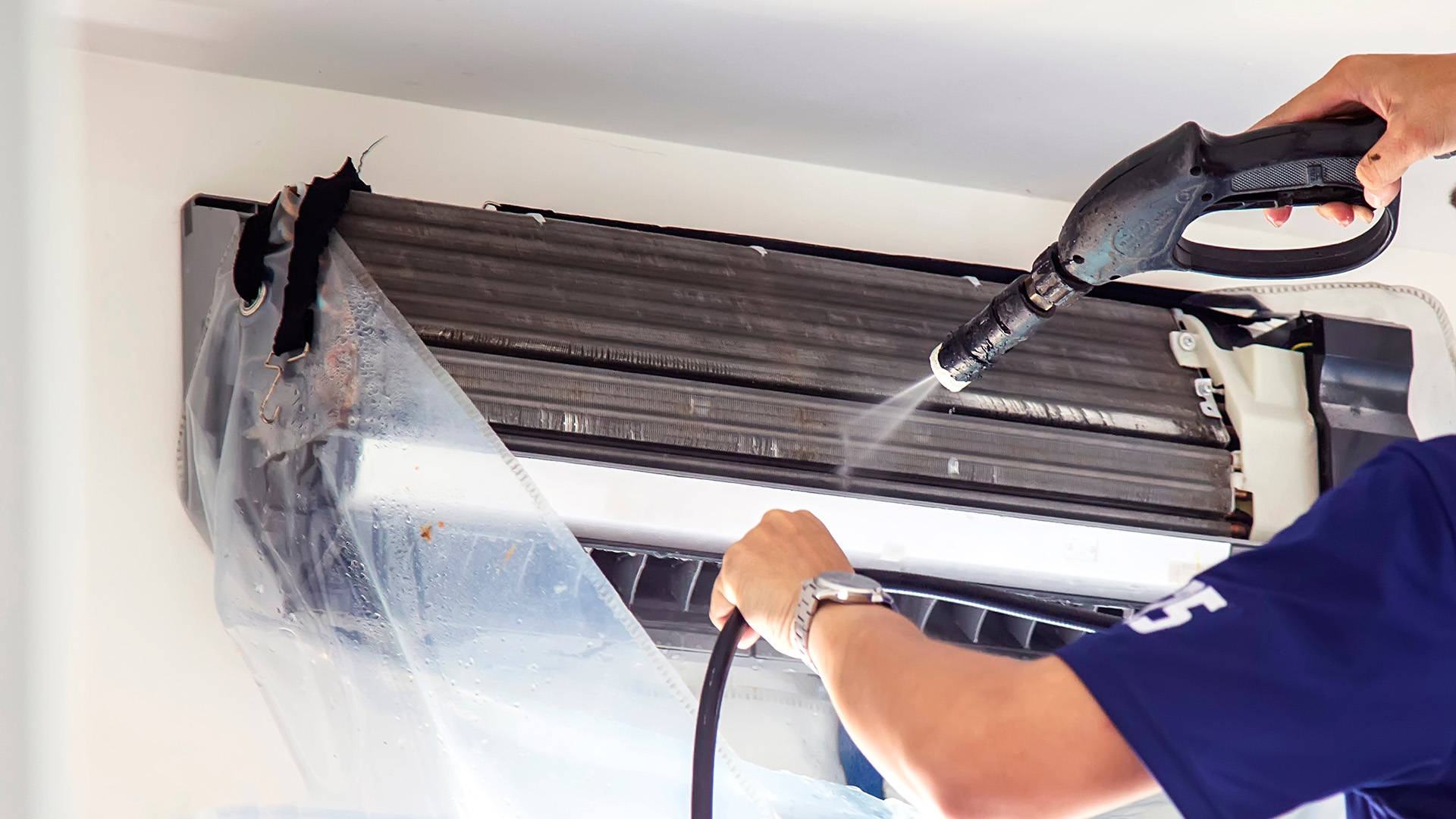Landscape design plays an essential but frequently ignored role in the efficiency of the HVAC system. Many homeowners focus on the interior components of the heating and cooling systems, but the exterior environment can significantly impact performance. The way a home is landscaped can affect airflow, temperature regulation, and even energy consumption, making it critical to consider when optimizing your HVAC efficiency.
Comprehending the relationship between landscaping and HVAC systems can lead to better comfort and diminished energy bills. Strategic planting, the placement of shade trees, and proper garden designs can improve the effectiveness of the effectiveness of the heating and cooling units. This article explores the various ways in which landscaping choices can influence your HVAC system's efficiency, helping you make knowledgeable decisions that benefit both your home and your budget.
Understanding HVAC Technologies
Heating, Ventilation, and Air Conditioning stands for heating, ventilation, and cooling. It refers to the technology used for interior environmental satisfaction, including heating and cooling systems in residential and business buildings. A well-functioning HVAC system is necessary for maintaining a comfortable climate year-round, as well as ensuring good indoor air quality. Understanding https://telegra.ph/Smart-Thermostats-The-Next-Generation-of-Temperature-Control-02-27 of how heating and cooling systems function is important for residents and businesses alike.
The warm air generation component typically involves heaters or heating systems that create warm air. This air is then spread through ductwork or pipes. On the cooling side, AC units pull warm air from inside the building and cool it before returning it back. Ventilation plays a important role by permitting fresh outdoor air to enter the space while removing stale indoor air. This equilibrium of heating, cooling, and ventilation is vital for overall comfort and efficiency in energy use.

HVAC systems can differ significantly depending on the size and kind of the building. Residential systems often consist of central air conditioning units and gas or electric heating devices, while larger commercial systems might require more advanced setups like chillers or package units. Knowing your specific HVAC system can help you identify issues, arrange maintenance, and make wise decisions about upgrades or replacements when necessary.
Frequent HVAC Issues and Solutions
One of the major common issues homeowners encounter with their HVAC systems is poor heating or cooling. https://mustard-romaine-nrllq3.mystrikingly.com/blog/smart-thermostats-the-future-of-temperature-control can stem from various sources, including a contaminated air filter, blocked ducts, or a malfunctioning thermostat. Routine maintenance, such as changing air filters on a monthly basis and ensuring that vents are not closed off, can prevent this problem. If the problem persists, it may be time to inspect the thermostat's settings or think about hiring a technician to diagnose any underlying issues.
Another common problem is odd noises coming from the HVAC unit, which can indicate multiple potential problems. Noises such as rattling, squealing, or banging may suggest wobbly components, worn-out bearings, or debris within the system. Homeowners should not ignore these noises; instead, they should schedule a trained inspection to pinpoint and resolve the source of the noise. Seasonal tune-ups can help identify these issues early before they become more serious into more significant repairs.
Finally, refrigerant leaks can significantly impact the performance of an HVAC system. Low refrigerant levels not only reduce cooling efficiency but can also cause the compressor to fail. If you see that your system is not cooling adequately and observe ice buildup on the coils, it's crucial to contact an HVAC professional. They can find any leaks, recharge the system, and ensure it operates efficiently, enhancing both satisfaction and energy savings.
HVAC Servicing and Performance Guidelines
Consistent maintenance of your Heating, Ventilation, and Air Conditioning system is crucial for ensuring its efficiency and longevity. Begin by updating or washing filters every one to three months. Clogged filters limit airflow, leading your system to run more, which can lead to increased energy costs and potential system failures. Additionally, ensure that all air vents and ducts are clear to promote ideal airflow throughout your home.
Another essential maintenance tip is to schedule seasonal maintenance checks for your Heating, Ventilation, and Air Conditioning system. A professional technician can carry out a thorough inspection and cleaning of parts, such as coils and fans, to keep everything running smoothly. This proactive approach not only boosts efficiency but also allows for the early identification of potential issues that could lead to costly repairs or system replacements down the line.
In conclusion, consider your temperature control settings and the overall energy efficiency of your home. Programmable thermostats can help you achieve comfortable temperatures while reducing energy consumption. Make sure your home is well-insulated to prevent heat loss in winter and retain cool air inside during the summer. These small adjustments can greatly impact your Heating, Ventilation, and Air Conditioning system’s performance and your energy bills over time.
